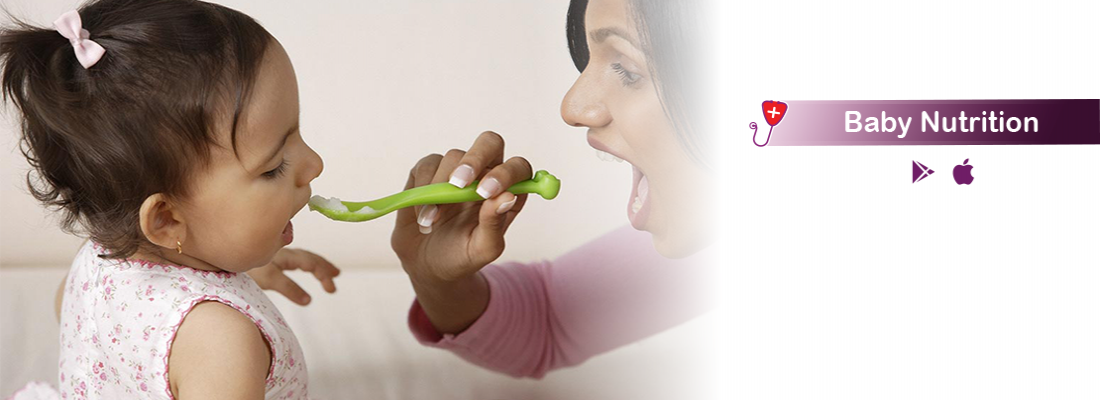
Overview
Medically reviewed by Dr. Rabeya Afroz Shomi
What are babies nutritional needs?
Nutritional Needs of Infants. ... Human milk and infant formula have all the nutrients your baby needs for the first 6 months - protein, fats, carbohydrate, vitamins and minerals. Human milk contains additional components (e.g. immune defense proteins) that are not present in infant formula.
What happens if a baby doesn't get enough nutrients?
A nutritional deficiency occurs when the body doesn't absorb or get from food the necessary amount of a nutrient. Deficiencies can lead to a variety of health problems. These can include digestion problems, skin disorders, stunted or defective bone growth, and even dementia.
How do I know if my baby is getting enough nutrients?
The most common signs that your baby is hungry and ready to eat include licking lips, rooting for milk, sucking or putting fingers or hand to mouth, Marriage says. “Looking for these cues will make sure your baby is getting just enough, and not too much, to eat,” she recommends.
What vitamins should a baby take?
The most common supplements recommended for babies include:
- Vitamin K. ...
- Vitamin D. ...
- Vitamin B12. ...
- Iron. ...
- If formula feeding, continue to feed your baby with iron-fortified formula through the first year. ...
- Talk to your healthcare provider about options for vitamin D supplements.
How often do babies eat?
General Guidelines for Baby Feeding:
Most newborns eat every 2 to 3 hours, or 8 to 12 times every 24 hours. Babies might only take in half ounce per feeding for the first day or two of life, but after that will usually drink 1 to 2 ounces at each feeding. This amount increases to 2 to 3 ounces by 2 weeks of age.
